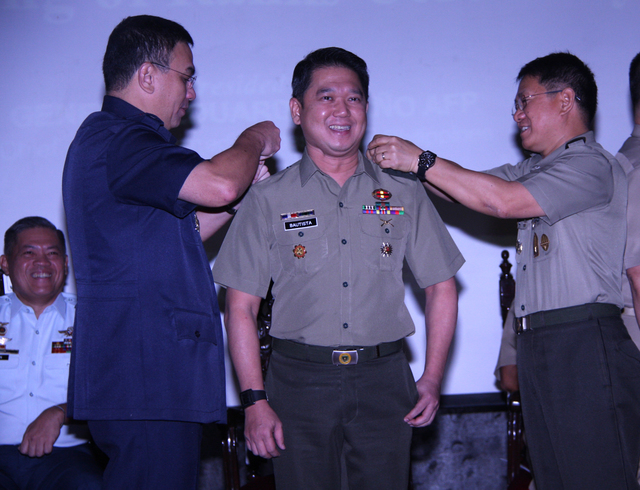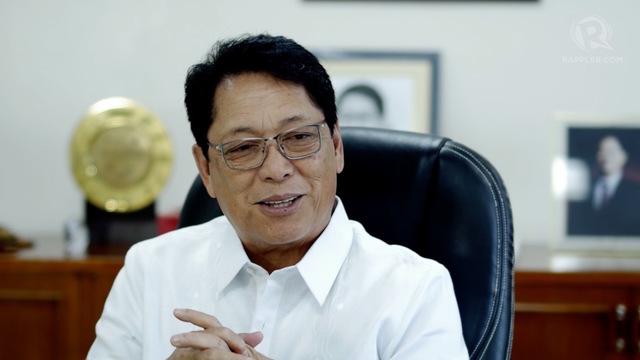Delegates of the Young Muslim Leaders Congress-Philippines from Mindanao and the island provinces convened to discuss issues affecting the Bangsamoro youth and the challenges and opportunities as the Bangsamoro people embark in the peace process with the current administration.
Lead organizer Kaharuddin Dalaten cited the importance of motivating the young Muslims in the country to take part in resolving issues affecting the Bangsamoro people in general.
He said, “it is our responsibility to train competent individuals imbued with a sense of nationalism and social responsibility, to inculcate respect for and appreciation of cultural diversity, and to develop innovative programs that contribute to the enhancement of peace, development and Islamic education.”
Invited resource persons tackled the role of the Muslim youth as community builders and agents of change. One of the important topics discussed was the historical development of Bangsamoro identity.
The strategies to surmount the challenges affecting the young Bangsamoro in the country and the emerging radicalism and violent extremism were also delved.
The participants also learned the initiatives on how the youth can help sustain the gains of the Bangsamoro peace processes.
They also had the opportunity to visit a Madrasah in Calabanit, Glan and learned how a strong partnership between the parents, Asatidz and the local stakeholders helps strengthen Islamic education in the community.
Madaris fpr Peace Project and the Kalinaw Sarangani Project under the Sulong Sarangani Program of the provincial government of Sarangani were also presented.
One of the major outputs of the Congress was the drafting of Bangsamoro Youth Development Plan-Philippines to be presented to the peace implementing panels and concerned agencies.
The event was organized by Concerned Muslim Individuals and Federation of Muslim Students Association with the support of The Asia Foundation, AFADMin Inc., Mindanao State University-Gensan, Office of the Bangsamoro Youth Affairs of the ARMM, Governor Steve Chiongbian Solon of Sarangani, Governor Sultan Pax Mangudadatu of Sultan Kudarat, the city government of General Santos and Mayor Bairihan Sakaluran.
It was also supported by the Young Moro Professionals Council, Alkubz Cakes and Pastries, Al Ihsan Tutorial Centre, Dulaw Cuisine and RD Foundation.
http://www.luwaran.net/home/index.php/news/21-southern-mindanao/1032-young-muslim-leaders-discuss-the-bangsamoro-youth-issues-challenges-and-opportunities



